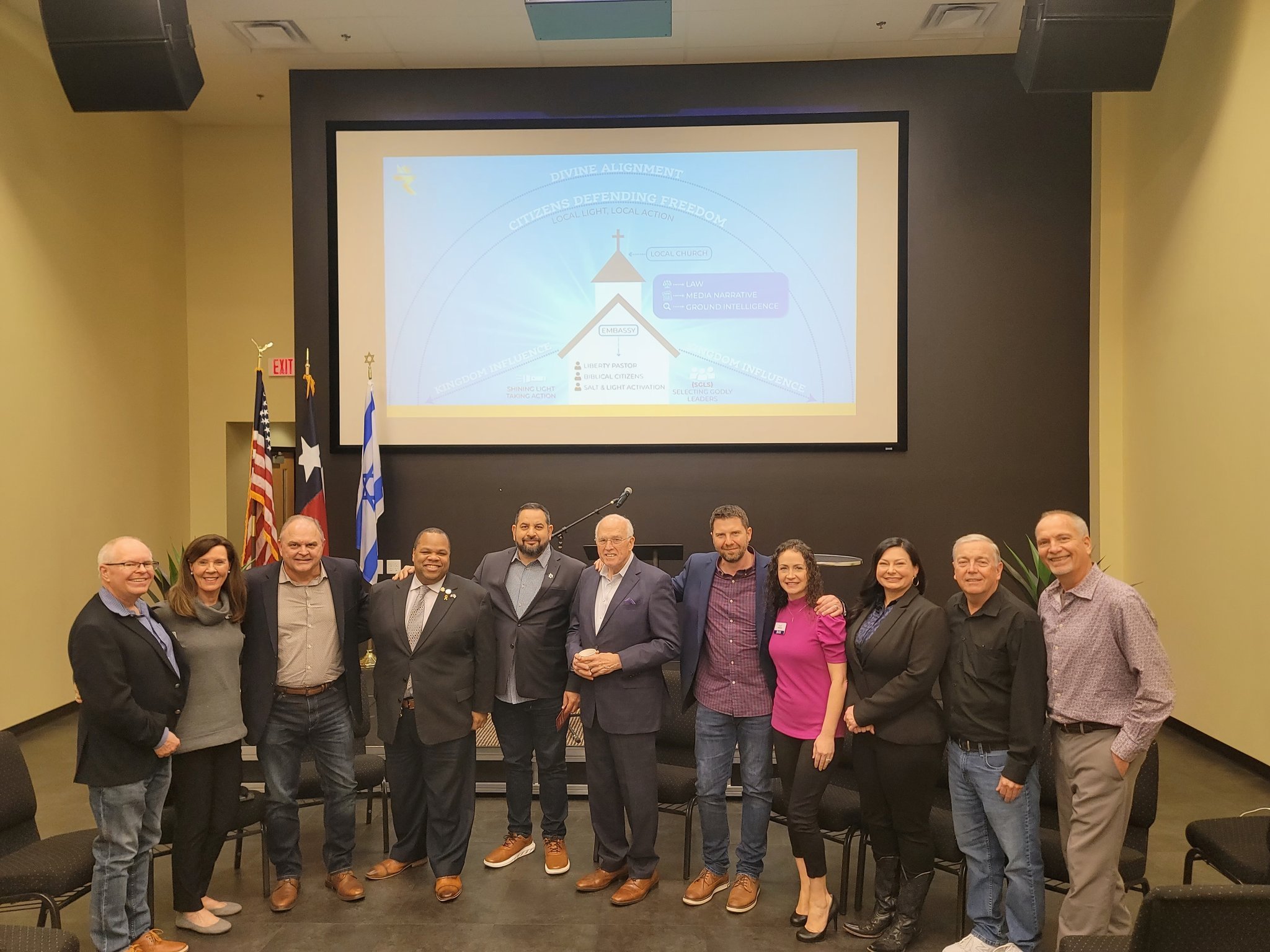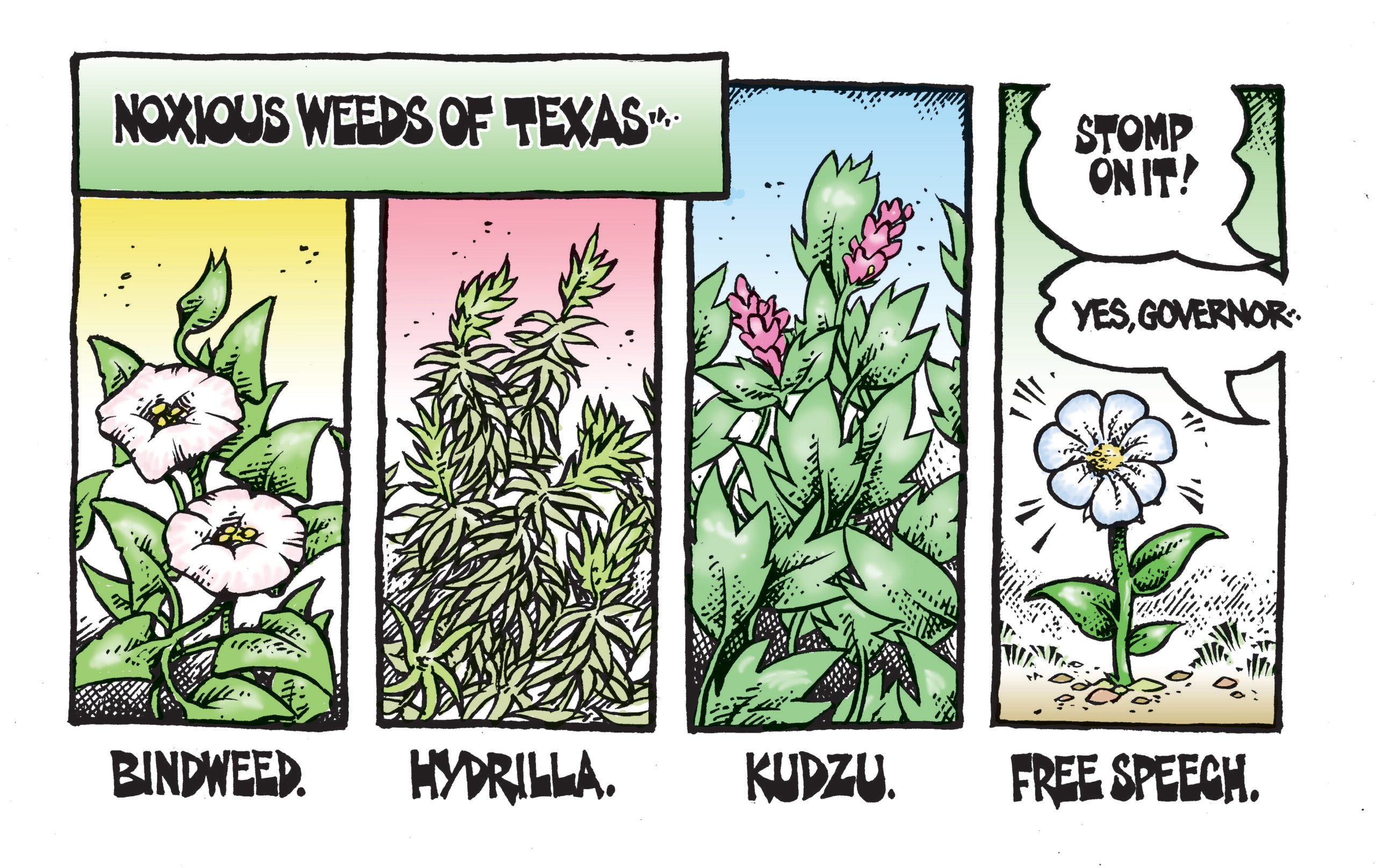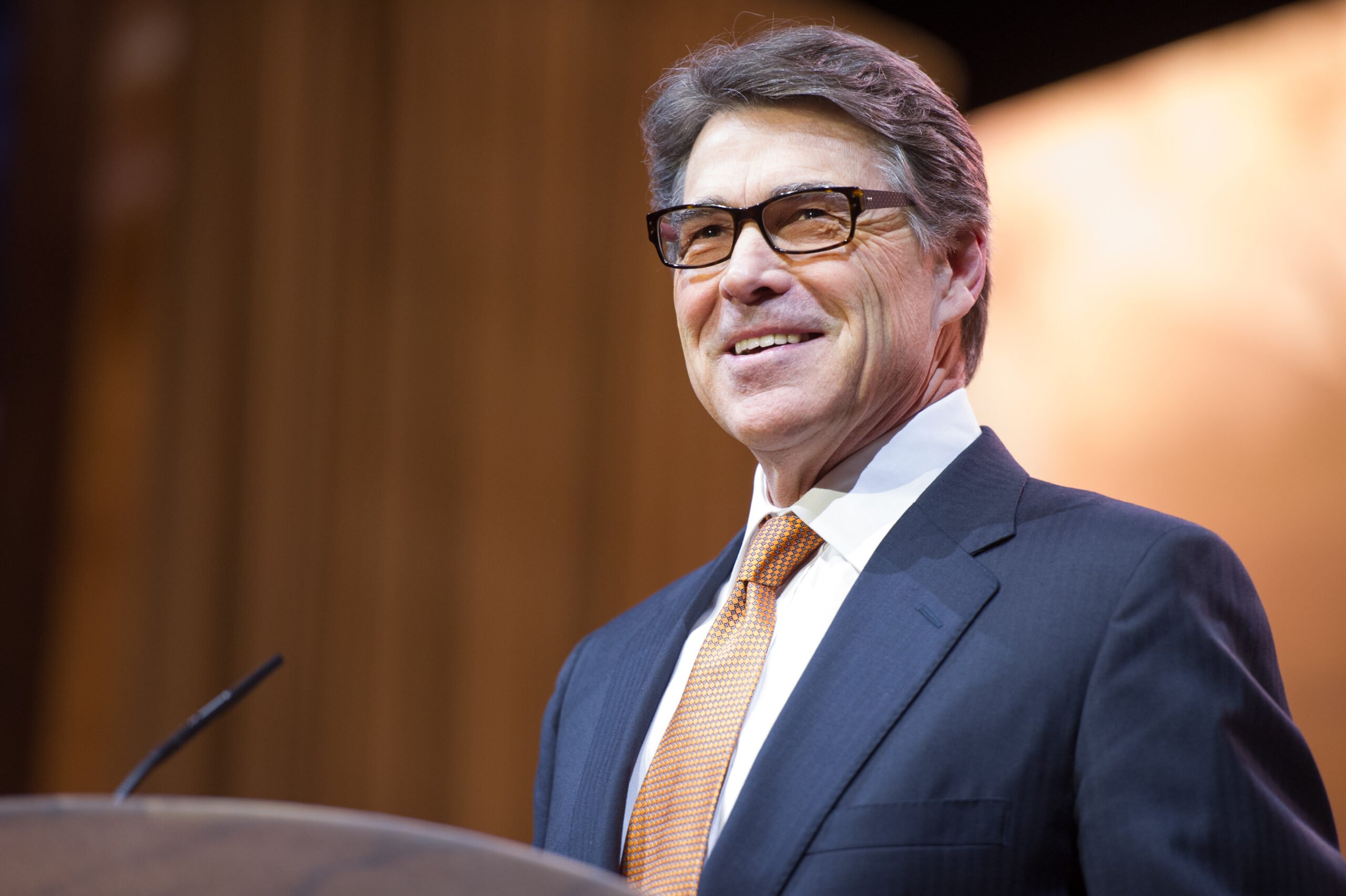ustxtxb_obs_2003_08_29_50_00010-00000_000.pdf
Page 12
Rep. Todd Baxter Photo by Jana Birchum highly-targeted direct mail program, TAB made Texas voters aware of the voting records of a number of legislatorsboth good and bad. The November election is upon us, and we are preparing to do battle once again. There are at least 15 races that we plan to target. Every race we target will have two to four separate mail pieces. Each mailing will cost approximately $17,500. While this program is costly, there is no doubt that this is a real opportunity to make a difference in the political climate in Austin.” That last line likely caught the attention of many of the assembled executives. After all, it had been a tough year for the insurance industry in Texas. Profits were in free-fall, and the big four insurers had jacked up homeowners and car insurance rates, in some cases as much as 110 percent. The state was descending into a full-blown insurance crisis: Farmers stopped writing homeowners policies and threatened to abandon the Texas market entirely. Insurance executives argued the rate hikes were caused by too many mold and water claims. In reality, independent analysts largely agreed the industry had lost big in the stock market and wanted to recoup losses by passing them onto consumers. Democrats and some moderate Republicans were calling for real reform: forced rate rollbacks that could cost the insurance companies millions. If ever an industry needed the right political allies in power, it was Texas insurance companies in 2002. And, as luck would have it, here was Hammond asking them for money. Hammond wrote in his August 21 letter that the TAB had raised $650,000 for its planned “voter education program” in the general election and hoped to reach a million. “I hope you will consider asking your colleagues in the insurance industry to write a check for $50,000 or $100,000 to the TAB voter education effort.” Just so they were clear what kind of campaign this was, Hammond added, “Contributions for this purpose are not reportable.” During the next two months, the TAB raised $1.3 million in corporate money for its mailer campaign. It’s impossible to know which companies contributed since the TAB won’t release its donor list. But it’s likely money came from the big four insurance companies. Farmers spokesperson Michelle Levy strenuously denied that the company donated money to the TAB’s effort. Even if that’s true, Farmers helped finance the machine in other ways. Two months before Hammond’s letter to the insurance industry, in May 2002, an executive at Westar Energy discovered his company was about to make a political donation that, on its face, seemed rather odd. Westar Executive Vice President Douglas Lake didn’t understand why his Kansas-based energy company with no operations in Texas and no stake in the state’s elections would give $25,000 to a Texas congressman’s PAC that operates solely in Texas campaigns. “DeLay is from TX. What is our connection?” Lake emailed a colleague. Westar Vice President Douglas Lawrence responded that contributions to DeLay,Texas Republican Joe Barton, “a strong position at the table” during a House-Senate conference committee hammering out a federal energy bill, according to documents unearthed by a federal investigation and first reported by The Washington Post. Westar wanted language added to the final bill exempting the company from certain forms of regulation. Even though Westar has no connection to Texas, the company needed DeLay’s approval. The price, Westar executives were allegedly told, would be a $25,000 contribution to DeLay’s TRM. Lawrence wrote, “DeLay is House Majority Leader. His agreement is necessary before the House conferees can push the language we have in place in the House bill.” Once Westar made all the donations, Barton slipped the desired Westar exemption into the energy bill. \(When Westar came under federal investigation several weeks later, Barton quietly legislators flatly deny that Westar money bought legislation, Westar executives were clearly under the impression that a certain amount of cash sent to the right places, in fact, would get them what they wanted. The incident not only reveals the implied quid pro quo between corporate campaign cash 10 THE TEXAS OBSERVER 8/29/03


